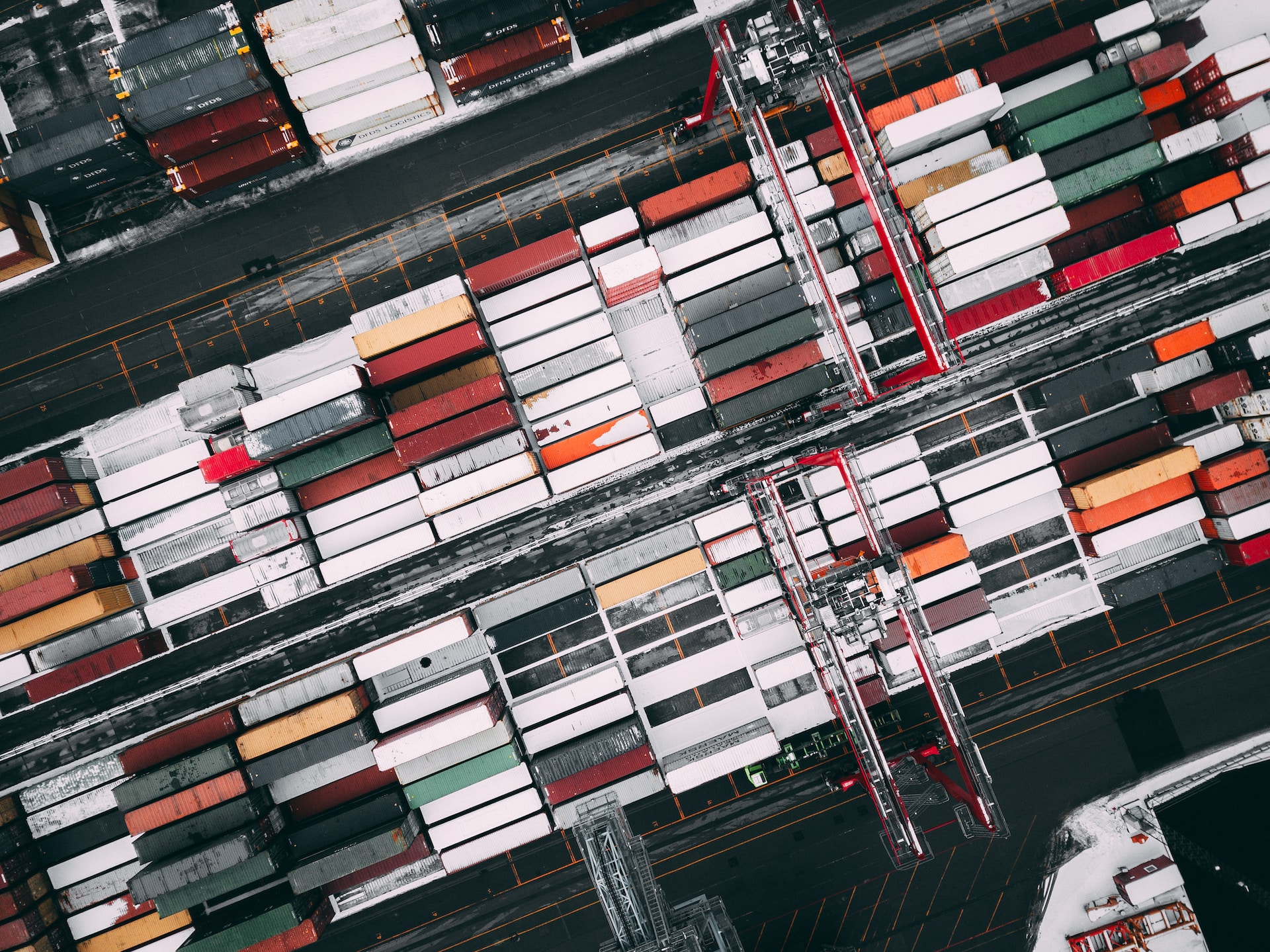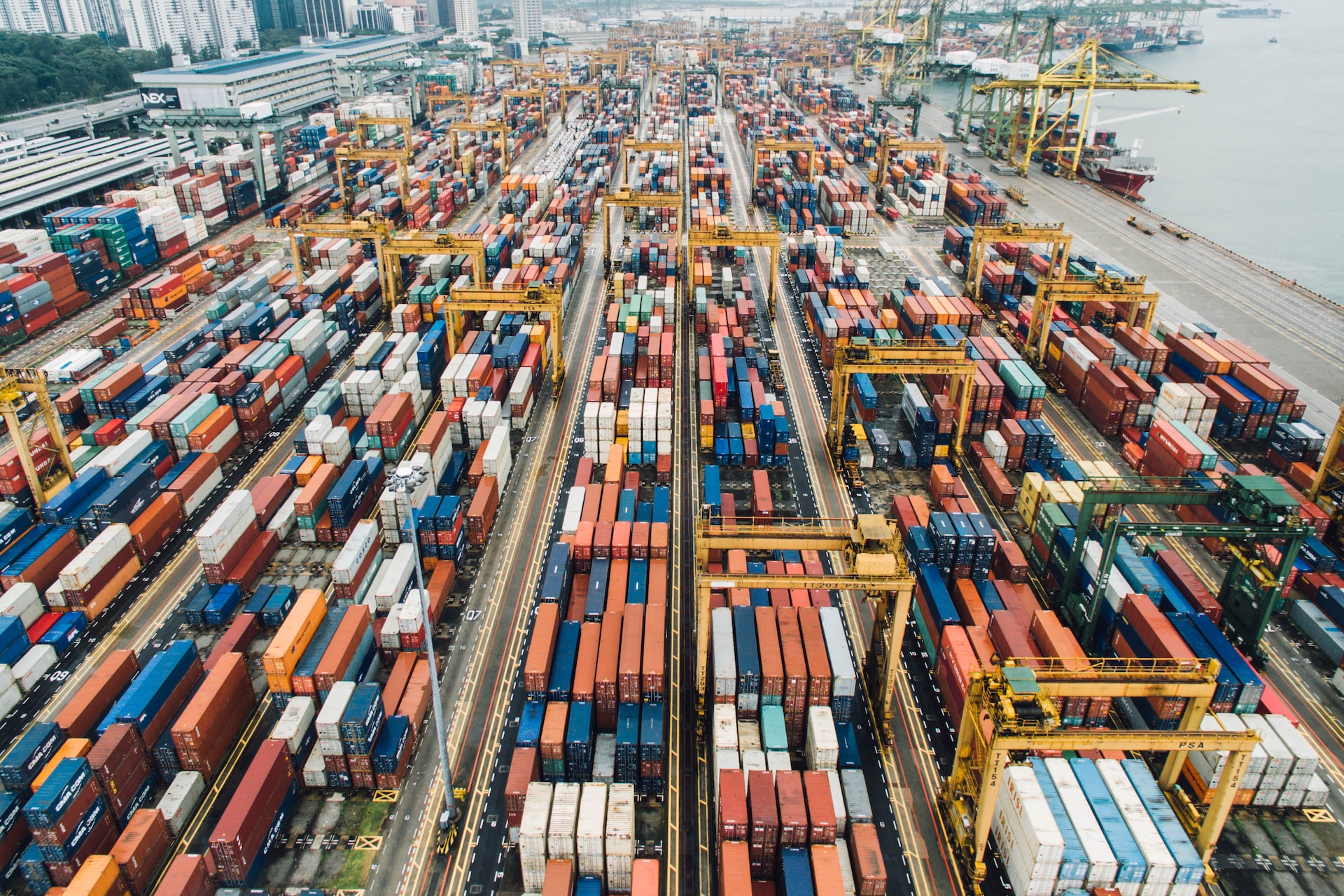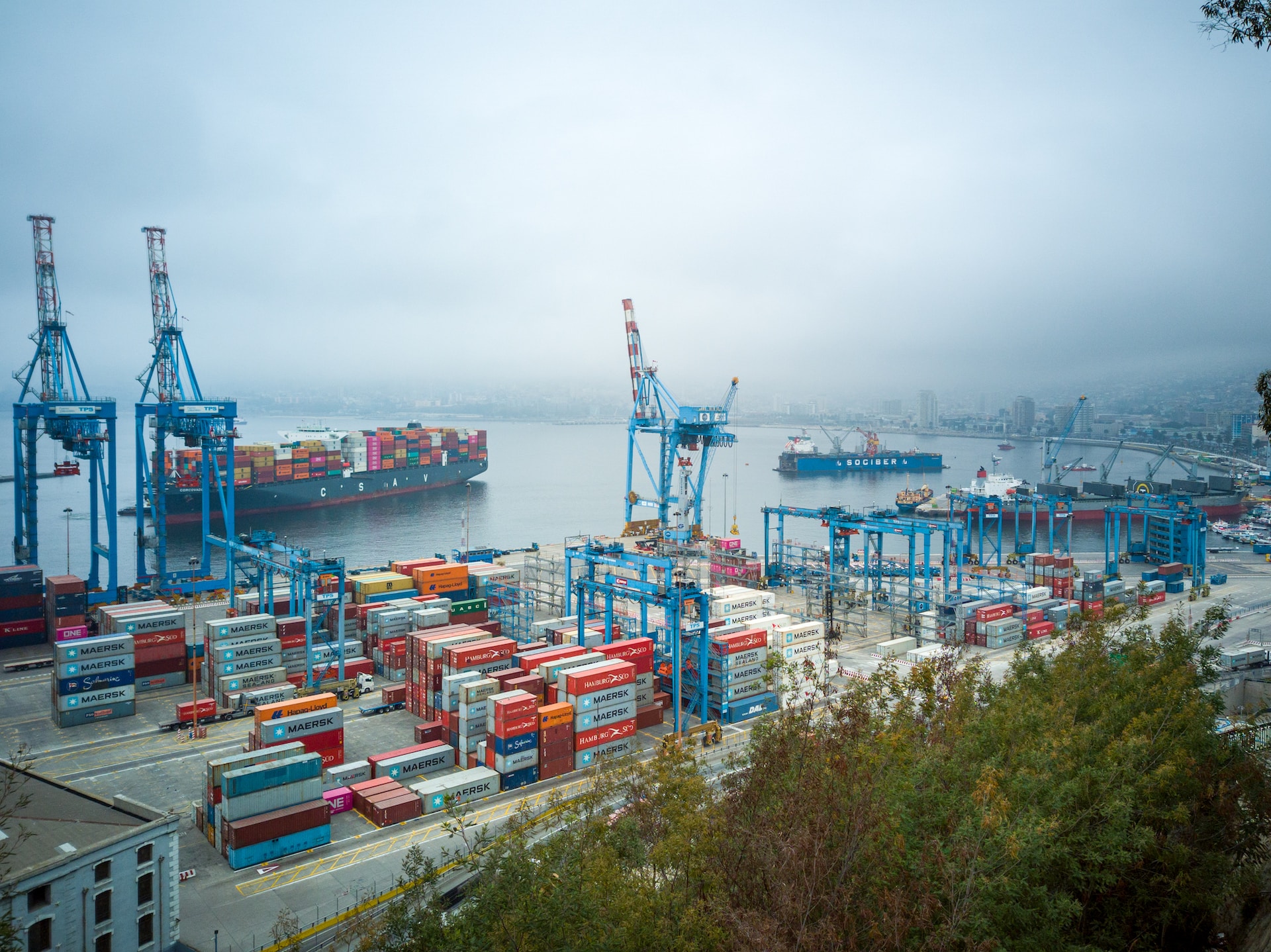Are there sustainable supply chain strategies that are friendly to the environment? The answer is yes!
Global supply chains support the smooth running of businesses around the world. 90 percent of all goods get transported in ships and containers, and current estimates predict that the industry will be worth $8.95 billion by 2024.
However, meeting global demands comes with a heft environmental cost. Global consulting firm McKinsey estimates that consumer companies’ supply chains account for 80 percent of any business’s greenhouse gas (GHG) emissions and 90 percent of its impact on natural resources.
The environmental impact of global supply chains hasn’t gone unnoticed, either. Consumer demand for sustainability means that some businesses today are trying to source ethical suppliers who can help minimize their total environmental impact.
In response, many companies are turning to Enterprise Resource Planning (ERP) software to improve their inventory management, reduce their waste, and integrate more renewables into their business plan. These sustainable supply chain strategies can minimize businesses’ environmental impact and reduce their GHG emissions.
Corporate Sustainability Goals
Corporate sustainability is more than recycling waste paper and retweeting “green” news. True sustainability occurs when firms craft environmental protection goals that fundamentally change their operational procedures and make a real difference to the environment.
Big brands like Crocs show that sharing your sustainability goals can boost your brand image, too. Their Crocs without Carbon campaign publically shares their sustainability goals, details their progress, and highlights the success of their recycling program.

However, many small to medium-sized enterprises (SMEs) don’t know how to set suitable sustainability goals. SMEs who are in control of their supply chains can clean up their act by:
- Avoid Greenwashing: Greenwashing is an underhand marketing tactic used to convince consumers that a firm is more sustainable than it is. Avoiding greenwashing is key for any firm that authentically wants to reduce its environmental impact.
- Consult an Expert: Sustainability professionals can give firms a clear direction to follow. They’ll use global sustainable standards to reduce the company’s environmental impact and can track progress using a range of sustainability KPIs.
- Review Supply Chains: Regularly reviewing supply chains can help companies identify the culprits for ballooning carbon costs and environmental degradation. A quarterly check-in can pick up on the progress that suppliers have made, too.
- Community Orientation: Reducing GHG emissions is a noble goal. However, firms should address their local impact by setting a quota for sourcing local, sustainable materials.
Reaching many sustainability goals will require a significant financial outlay but will pay dividends in the long run as consumers look to buy from companies committed to sustainability.
4 Sustainable Supply Chain Strategies Reducing Environmental Impact
Here are some of the top sustainable supply chain strategies that are reducing environmental impact:
1. Hiring the Right Professionals
Recent supply chain mishaps have underlined the importance of hiring the right supply chain professional. Experts can quickly identify shortcomings in inventory management and incorporate sustainability measures that maximize efficiency and reduce waste throughout the entire supply chain.
Sustainability-oriented supply chain specialists know how to work with International Organization for Standardization (ISO) guidelines like:
- ISO 14001:2015: Designed to help businesses integrate environmental management systems and help firms transition to more responsible operations.
- ISO 26000:2010: Provides guidance related to social responsibility and the protection of local ecosystems
ISO standards are helpful but can be a little unwieldy without professional help. SMEs that hire an internal supply chain specialist can protect their profit margins while slowly transitioning to supply chain methods that use automation and inventory management to minimize their GHG emissions and ecological damage.
2. Automation
The recent rise of automation and artificial intelligence (AI) has revolutionized the way that businesses around the globe operate. At its core, AI is designed to free up time for critical thinking and support firms as they transition to a more tech-centric approach to supply chain management.
Business leaders can future-proof their firms by upgrading traditional systems like barcoding their stock and proactively installing automated sustainability practices. When leveraged correctly, automated supply chains can:
- Reduce waste and emissions;
- Lower the risk of human error and waste;
- Increase agility in response to ecological damage and climate change.
Automation can save sustainability-oriented companies money, too. Automated programs that assist with record-keeping and material tracking have been proven to improve efficiency, accuracy, and productivity.
This is particularly important for firms that opt for sustainable suppliers, as eco-conscious suppliers often have to charge more to meet sustainable operating standards.

3. Inventory Management
Effective inventory management is the bedrock of a profitable SME business. Reducing overstock can lower costs by 10 percent and significantly reduce delays when consumers place orders.
Inventory management can minimize businesses’ environmental impact, too. Sustainable inventory management can take many forms, like:
- Eco-Friendly Packaging: Plastic and styrofoam are hard to recycle and energy-intensive to produce. Opting for recyclable cardboard and biodegradable tape can significantly reduce waste and minimize ecological damage.
- Reverse Logistics: Returning packaging and products can be expensive. However, opening a two-way supply chain can seriously reduce waste and create a more sustainable inventory management system.
Firms can also explore more efficient inventory management methods. Strategies like Just-In-Time management are innately sustainable as they minimize the energy needed for on-site storage and reduce the amount of waste produced when goods expire or fail to sell.
However, at some point, every eco-conscious firm will need to prove their commitment to sustainability by demanding more from their suppliers.
4. Demand More From Suppliers
SMEs may struggle to exert their influence on suppliers. This makes sense as, without large order volumes, suppliers can always find other firms who are willing to sacrifice sustainability for lower prices.
Even some big brands, like Patagonia, forgo profits in favor of sustainable suppliers. Patagonia’s Supply Chain Environmental Responsibility Program utilized industry-wide tools to minimize waste and support sustainable partners. Patagonia has also laid plans to reduce suppliers’ carbon footprint by incentivizing renewable energy and less carbon-intensive fuels.
SMEs who do decide to demand more from their suppliers can make the process easier by following sustainable supply chain best practices like:
- Work with suppliers that have a history of success and long-term sustainability goals;
- Push first-tier suppliers to create their own sustainability-oriented goals;
- Continue to measure the impact of lower-tier suppliers;
- Delegate an employee to oversee the extension of the firm’s sustainability practices.
These corporate sustainability goals may sound a little lofty for most SMEs. However, persistence and perseverance can pay off. A direct approach pressures first-tier suppliers into cleaning up their act and can promote responsibility down the supply chain line.
Business leaders that want to find new, sustainable suppliers can visit relevant trade shows and check for certification.
The US Chamber of Commerce suggests looking for certification by accredited firms like B Labs and True Zero Waste. Follow up by using a sourcing tool that finds sustainable suppliers in the company’s specific industry.
When contacting sustainable suppliers, supply chain managers should be sure to ask key questions like:
- “What are the environmental regulations in your area? How do you comply with them?”
- “What environmental protection goals do you have?”
- “Where do you source your raw materials? How do you track your supplier’s sustainability?”
- “Do you offer carbon offsets? If so, what form do your carbon offsets take?”
These questions ensure that supply chain managers aren’t duped by suppliers that greenwash their way into lucrative contracts. Suppliers who can provide robust responses may even help the firm reconsider its position on environmental protection, carbon offsets, and recycling raw materials.

Conclusion
Here are the top sustainable supply chain strategies that are friendly to the environment:
- Hire the Right Professionals: Expert supply chain specialists can identify shortcomings, incorporate sustainability measures, and work with ISO guidelines to transition to more responsible operations.
- Embrace Automation: Implement AI and automated practices to reduce waste, emissions, and human errors, while improving efficiency and productivity.
- Optimize Inventory Management: Minimize overstock, use eco-friendly packaging, adopt Just-In-Time management, and create a two-way supply chain for better sustainability.
- Demand More from Suppliers: Push for sustainable suppliers, set sustainability goals for suppliers, measure their impact, and consider certifications like B Labs and True Zero Waste to find responsible partners.
Effective supply chain management isn’t just good for a company’s profitability. Running a tight supply chain operation can significantly reduce a firm’s environmental impact and help them meet their GHG emissions targets.
But, before signing up with a sustainable supplier, businesses should do their homework and look for suppliers with a climate-conscious track record and ISO accreditation. This ensures that firms aren’t deceived into dodgy deals and protects consumers from greenwashing claims.
Ainsley Lawrence is a writer who loves to talk about good health, balanced life, and better living through technology. She is frequently lost in a good book.

